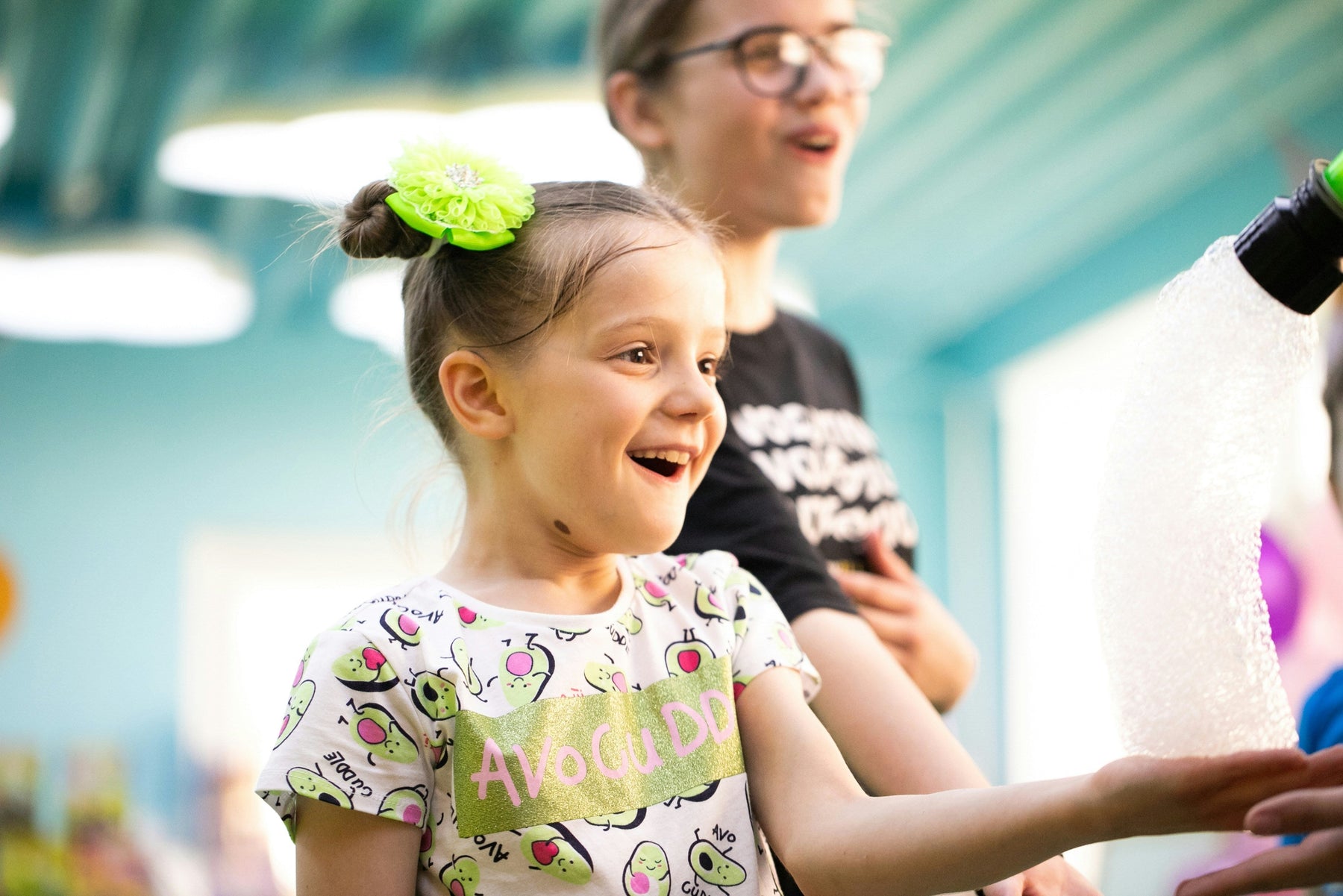
Top Holiday Tips for Parents of Children with Special Needs
Holidays are often a time families eagerly anticipate — but for parents of children with special needs, they can bring a whole new set of challenges. Changes to routine, behavioural difficulties, sensory overload, and lack of respite can make what’s meant to be a joyful time feel overwhelming and exhausting.
In this post, we’re sharing top tips to help you navigate the holiday season with more confidence, flexibility, and calm — all while meeting your child’s unique needs
1. Prepare Your Child in Advance
Children with special needs often thrive on predictability, so unexpected changes can be distressing.
-
Use a visual calendar to count down to the holidays — and back to school afterwards.
-
Create custom social stories or visual guides to explain what to expect, especially if visiting new places or family members.
-
Show photos or videos of new environments if possible.
2. Maintain a Routine Wherever You Can
Holidays often disrupt the usual structure of daily life, but try to keep some key routines consistent:
-
Mealtimes
-
Bedtimes
-
Quiet time or screen time
Sticking to even a partial routine can help reduce anxiety and support emotional regulation.
3. Involve Your Child in Planning
Empower your child by letting them have a say — even in small decisions.
-
Choose between two activities
-
Help plan meals or snacks
-
Pick their holiday outfit or travel toy
This helps build a sense of control and predictability, which reduces stress for both of you.
4. Choose Inclusive & Sensory-Friendly Activities
Look for holiday events that are designed with additional needs in mind.
-
Seek out sensory-friendly events or accessible venues
-
Ask your child’s SEN school or local groups for recommendations
-
If your child experiences incontinence, use the Changing Places toilet map to find locations with appropriate facilities
Connecting with other parent carers can also help you discover hidden gems in your local area.
5. Plan Easy Activities at Home
You don’t always need to go out to have a great holiday.
-
Set up crafts, baking, or sensory play indoors
-
Try garden scavenger hunts or water play if the weather allows
-
For more ideas, check out our previous blog post here
Having a few go-to activities ready can be a lifesaver on more challenging days.
6. Pack a Comfort Kit
When going out, bring along familiar items that help your child feel safe and regulated.
-
Noise-cancelling headphones
-
Fidget toys
-
Snacks and drinks
-
A favourite stuffed toy, blanket, or sensory item
This can help manage unexpected situations like long queues or crowded spaces
7. Coordinate with Hosts or Relatives
If you’re visiting friends or family:
-
Let them know about your child’s dietary preferences, sensory needs, or any important dos and don’ts
-
Share any comfort strategies that help your child
-
Don’t be afraid to set boundaries — it’s okay to leave early or take breaks as needed
Preparing others can help avoid misunderstandings and make the visit smoother for everyone.

8. Connect with Other Special Needs Families
You’re not alone. Consider joining:
-
Local parenting networks
-
Online support groups
-
Facebook groups for SEN families
Sharing experiences, resources, and just venting can be incredibly validating and helpful.
9. Don’t Feel Guilty About Technology
If screen time helps your child (or you!), use it — without shame.
-
Tablets, YouTube, and favourite shows can help your child decompress or stay occupied during transitions
-
This can also offer you a much-needed break
Give yourself permission to do what works — even if it’s not “perfect.”
10. Create Your Own Flexible Traditions
Your family doesn’t need to follow anyone else’s version of the holidays.
-
Make your own calm, meaningful rituals like:
-
Watching a quiet movie together
-
Going for a nature walk
-
Baking sensory-friendly treats
-
Do what feels right for your family, not what others expect
11. Prioritise Your Own Self-Care
Your wellbeing matters too.
-
Find small moments for rest: a hot drink, a walk alone, a chat with a friend
-
Don’t hesitate to ask for help, even for just an hour of respite
-
Remember: you can’t pour from an empty cup
Taking care of yourself helps you better care for your child.

